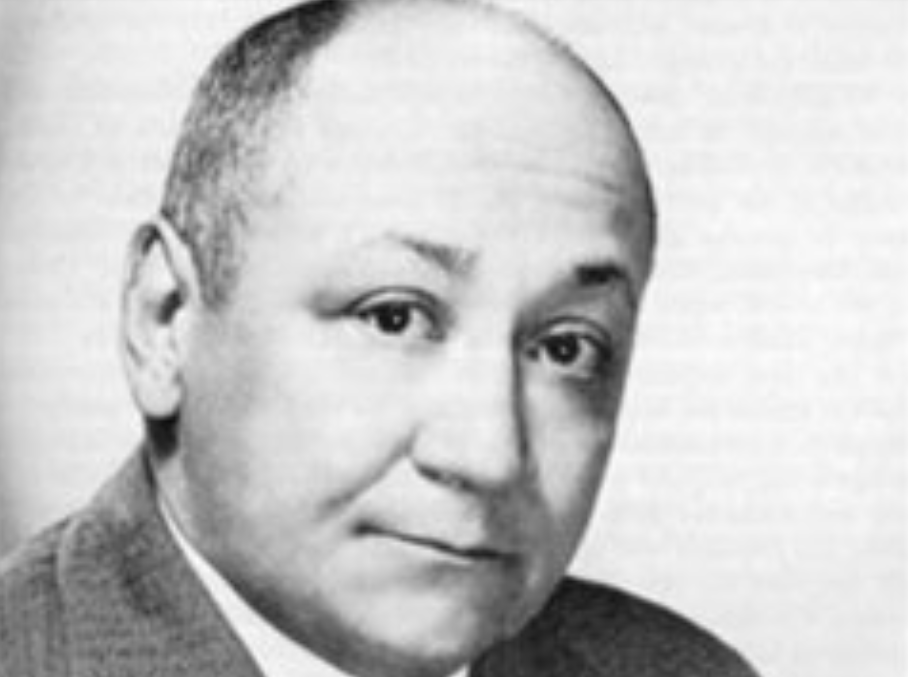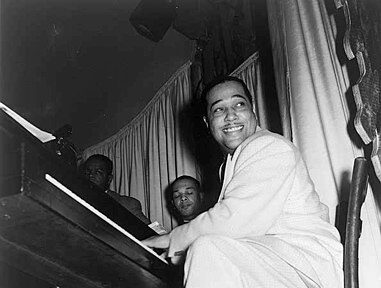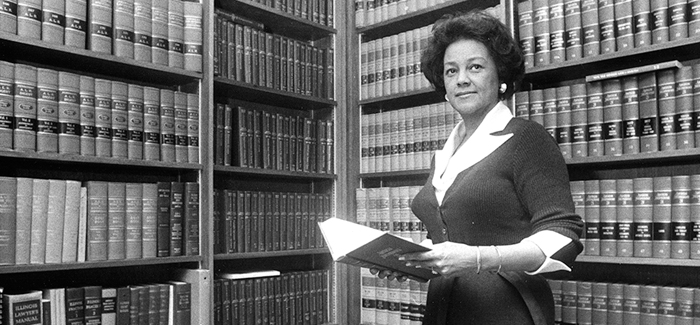This Day In History: July 23rd
Renowned medical professional, civil rights activist and army veteran are amongst the many titles held by the late Louis Tompkins Wright. Wright revolutionized the influence of African-American physicians and was a strong advocate of equal training and practice.
He was born July 23, 1891, in Georgia and got a first-hand look at what life was like for an African-American doctor. His father was a physician and minister up until his death when Wright was 4 years old. However, his mother remarried a physician from Atlanta, which continued to give him exposure to the medical industry.
Wright pursued his first degree at Clark University, and he earned his medical degree from Harvard in 1915, ranking fourth in his class. While in college, Wright deepened his interest in social issues and even participated in protests with the NAACP. After graduating, Wright moved to Atlanta to work with his stepfather. Together the two were able to practice medicine and even helped to start Atlanta’s chapter of the NAACP. Wright’s work with the organization earned him a Spingarn Medal in 1940.
He served in the U.S. Army during World War I and developed a respiratory illness from his stay abroad. During his time in the Army Medical Corps, he introduced a new technique for vaccinating against smallpox. Once he returned home, Wright resumed his medical career and worked his way to become the first African-American physician at Harlem Hospital.
His appointment unsettled many white physicians, even causing some to resign from their positions. With Wright working at the hospital, he helped to improve conditions and the professionalism of the staff. He even published the “Harlem Hospital Bulletin” and established the hospital’s medical library. The resentment surrounding his position pushed him to advance his career and in 1943, he became the Director of Surgery at the hospital.
After being promoted, Wright continued to conduct medical research and became the first clinician to investigate how Aureomycin treatment affects patients with bacterial pneumonia. Over the course of his career, he also became an expert at treating head injuries. He continued working in various roles within the hospital until his departure in 1949.
The influential physician died on October 8, 1952, in New York from a case of tuberculosis.







